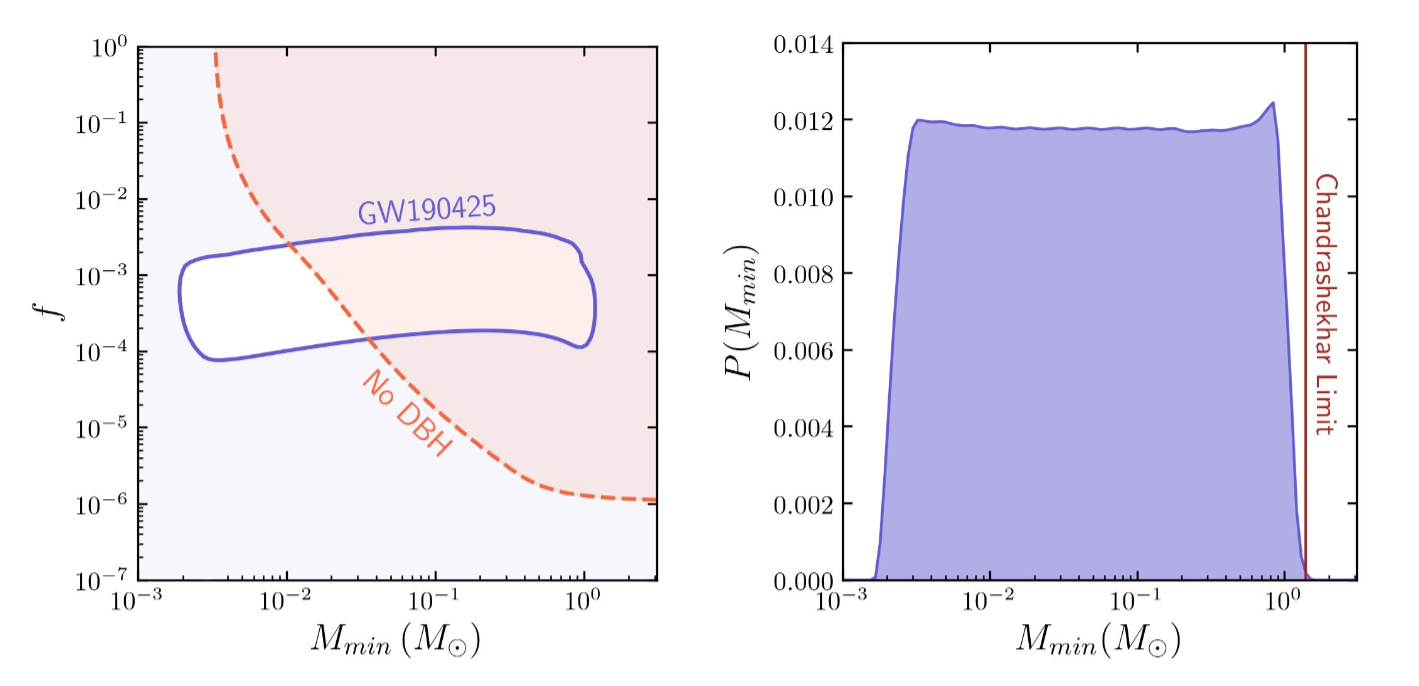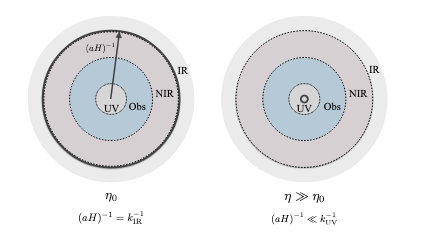I am a Professor of Physics and serve as the Director of the Institute for Gravitation and the Cosmos (2021 - present). I work on understanding the foundational principles of particle physics and gravity, using the data of cosmology.
Much of my current work is on quantum systems, quantum information, and out-of-equilibrium systems as tools to address long-standing open questions in cosmology. This approach grew out of earlier work on models of inflation and on the implications of observations of primordial gravitational waves and primordial non-Gaussianity. Although my work is primarily theoretical, it is guided by data. I frequently collaborate with observers and contribute to supporting observational programs. I am a member of the CMB-S4 collaboration (and previously served on the Executive Committee) which is developing a suite of ground-based instruments that will provide next-generation constraints or a detection of primordial gravitational waves.
Although the dynamics of something like inflation set the universe we see in motion, the matter content also plays a key role in the evolution of the cosmos. Dark matter, in particular, is responsible for many aspects of cosmological structure formation but its particle nature is a mystery. I am studying models where the dark matter is composed of several new, interacting particles. In that case, dark matter has internal chemistry and can dissipate energy in order to form compact structures. This family of models has striking observational signatures since it can form novel ultracompact objects, including subsolar mass black holes, observable via gravitational waves.
I received my PhD in physics in 2006 from Cornell University and held postdoctoral positions at Columbia University’s Institute for Strings, Cosmology, and Astroparticle Physics and at the Perimeter Institute for Theoretical Physics before joining the faculty at The Pennsylvania State University in 2011.
Publications
-
Unnati Akhouri,
Sarah Shandera,
Gaukhar Yesmurzayeva,
"Increasing Extractable Work in Small Qubit Landscapes." Entropy 25 6 (2023)
-
James Gurian,
Michael Ryan,
Sarah Schon,
Donghui Jeong,
Sarah Shandera,
"A Lower Bound on the Mass of Compact Objects from Dissipative Dark Matter." Astrophys. J. Lett. 939 1 (2022)
-
Sean Prudhoe,
Sarah Shandera,
"Classifying the non-time-local and entangling dynamics of an open qubit system." JHEP 02 (2023)
-
Michael Ryan,
James Gurian,
Sarah Shandera,
Donghui Jeong,
"Molecular Chemistry for Dark Matter." Astrophys. J. 934 (2022)
-
Suddhasattwa Brahma,
Sarah Shandera,
"Stochastic eternal inflation is in the swampland." arXiv preprint arXiv:1904.10979 (2019)
-
Sarah Shandera,
Donghui Jeong,
Henry Gebhardt,
"Gravitational waves from binary mergers of subsolar mass dark black holes." Physical review letters 120 24 (2018)
-
Sarah Shandera,
Nishant Agarwal,
Archana Kamal,
"Open quantum cosmological system." Physical Review D 98 8 (2018)
-
Sarah Shandera,
Peter Adshead,
Mustafa Amin,
Emanuela Dimastrogiovanni,
Cora Dvorkin,
Richard Easther,
Matteo Fasiello,
Raphael Flauger,
John Giblin Jr,
Shaul Hanany,
others,
"Probing the origin of our Universe through cosmic microwave background constraints on gravitational waves." arXiv preprint arXiv:1903.04700 (2019)
-
Sarah Shandera,
Jes Matsick,
David Hunter,
Louis Leblond,
"RASE: Modeling cumulative disadvantage due to marginalized group status in academia." Plos one 16 12 (2021)
-
Divya Singh,
Michael Ryan,
Ryan Magee,
Towsifa Akhter,
Sarah Shandera,
Donghui Jeong,
Chad Hanna,
"Gravitational-wave limit on the Chandrasekhar mass of dark matter." Physical Review D 104 4 (2021)














